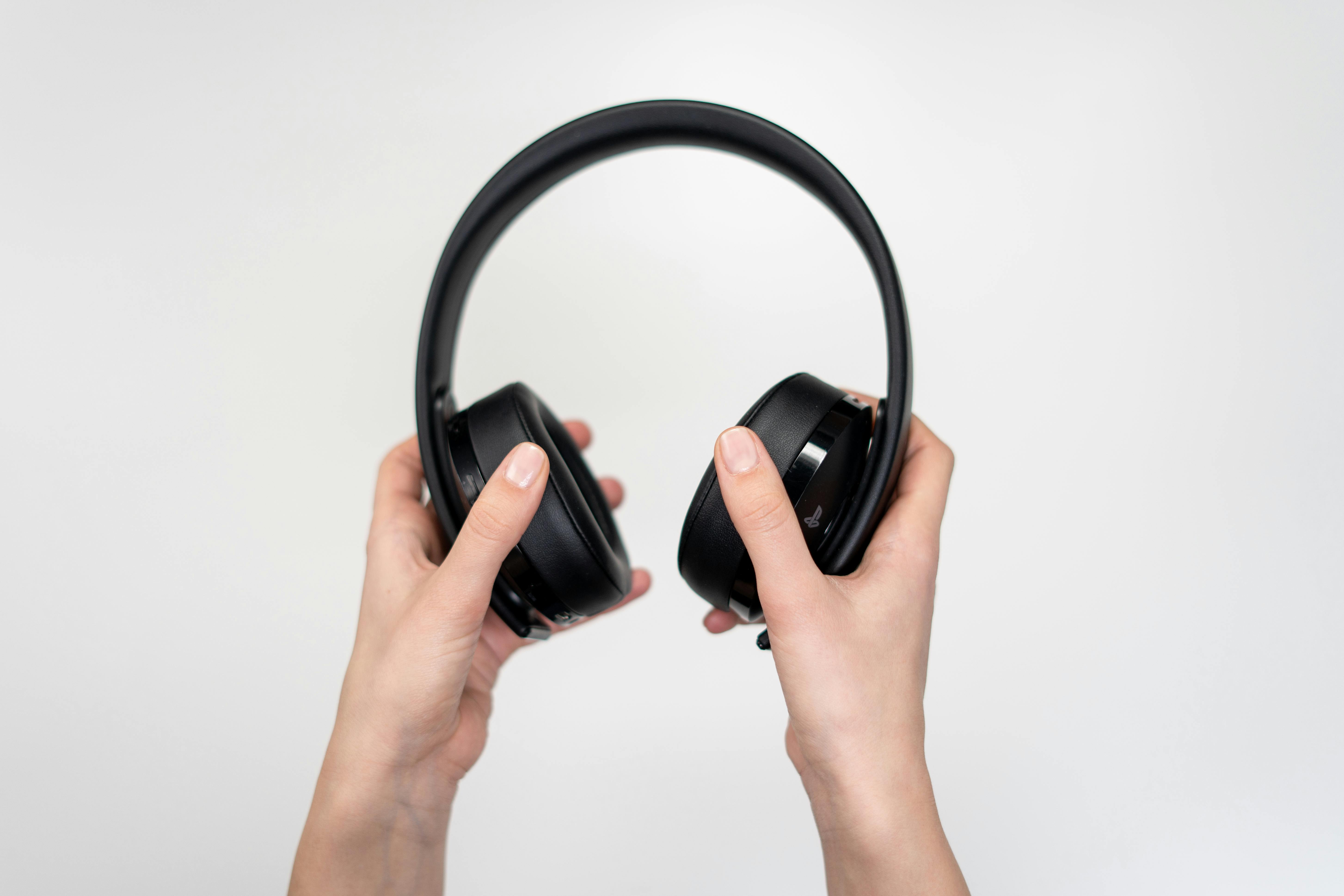With the advent of podcasts and desktop software, the ability for just about anyone to create their own music tracks has revolutionized the industry.
Many aspiring (and established) musicians use podcasts to share their music with the world.
Starting out, an aspiring musician will use a podcast to store and distribute their music to their fan base. They want to promote their podcast in an effort to increase interest in their music. Twenty-five or thirty years ago, these musicians would have to rent a recording studio and create a tape or CD (and before that, vinyl records). They would then be responsible for sending them out to radio stations across the country in an effort to generate interest in their music.
This created considerable financial strain for the artist.
Trying to get his “big break” often included additional financial costs of approaching record labels to take the risk of producing his music. Due to the high costs involved, most recording studios would reject these musicians’ attempts to “break into the industry”. The front door would be if they could have documentation from radio stations proving the popularity of their music.
Through the use of a podcast, these same musicians today can submit samples of their music through the use of social media. As more people become interested in your music, your number of subscribers increases. Along with the increase in subscribers comes a corresponding increase in the number of downloads.
These are the numbers record labels will be looking at today. He provided proof positive that there is at least “some interest” that people are listening to this person’s music. I may not get them a record deal, but at least they now have a foot in the door!
In addition to generating interest through social media, as the music podcaster engages with his followers, this creates a personal connection that wasn’t available a few decades ago. In the past, almost all interaction took place on a concert stage. Today, conversations take place online between music icons and their fans. For an aspiring musician, it is possible to grow a large fan base that will help develop enthusiasm for new music.
This is another metric that record labels want to see. Not just the number of subscribers. Not just the number of downloads. But also the number of social followers that a musician or musical group has.
Many music podcasts are available online and are produced by those who want to share their music with the world. A vast majority of these podcasts are distributed by independent musicians, groups, or individuals who enjoy creating and sharing their music but have a small fan base. If they didn’t have the ability to produce a podcast, they wouldn’t be able to stay connected with their listeners. Many podcasts also have the ability to leave comments on each episode. This allows the podcaster’s musician to interact with their listeners on a personal basis as well.
Even established musicians and bands will use podcasting to their advantage.
Many will create a podcast and make it available only to subscribers. This keeps the general distribution of upcoming albums to their fans only. People will pay a monthly fee and receive access to these new releases. They will often be asked for their opinion. Songs that don’t resonate with your fans can be removed for re-recording. Songs that generate a lot of buzz could be released for a small one-time fee, exclusive only to existing subscribers.
This provides the band (or musician) with some additional income between the release of their albums. The fans are happy because they are involved in the creation of the album and take “ownership” of promoting it! The fans are happy. The musicians are happy. The record company is happy!
All of this available through the use of podcasts!
